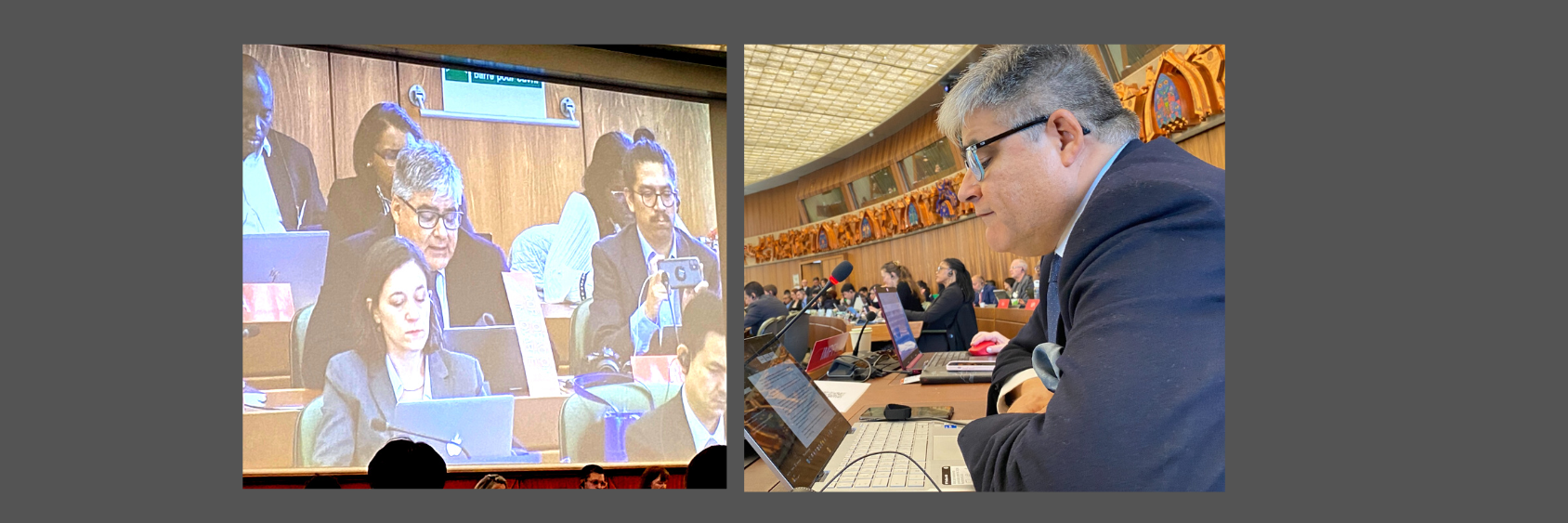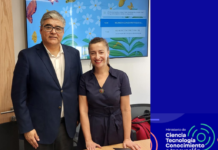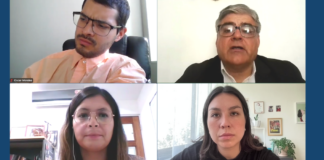NGO INNOVARTE’s DIRECTOR MAKES INTERVENTION ON DRAFT TREATY PROPOSAL ON BROADCASTING ORGANIZATIONS AT THE WIPO STANDING COMMITTEE ON COPYRIGHT AND RELATED RIGHTS (SCCR)
The 43rd version of the Standing Committee on Copyright and Related Rights (SCCR) of the World Intellectual Property Organization (WIPO) opened on March 13th, 2023, and will be held in Geneva until Friday, March 17th, 2023.
In this regard, Luis Villarroel, NGO INNOVARTE’s Director, intervened in the opening and protection of broadcasting organizations session. He referred to the draft proposal for the treaty on broadcasting organizations, drawing attention to the purpose of the treaty and the exceptions and limitations of it.
Purpose of the Treaty
The definition in the Chairman’s new revised document includes within the scope of protection transmissions made by cable, satellite, computer networks and transmissions by any other means. Therefore, the concept of “broadcasting” in this treaty includes platforms that are already dominant and escape the mandate of the General Assembly referring to Broadcasters in the traditional sense.
The lack of international practice regarding to the proposed new rights, most of which do not exist in national legislation, does not allow an adequate assessment of their effects, especially, if granted to global digital platforms.
Global digital platforms such as Google, Amazon, Spotify, Facebook and other multinationals have already been investigated and even condemned for abuse of dominant position in digital markets. The case of Google search cases or Android are an example of platforms preventing the development of new independent services, leading to the detriment of consumers, creators and traditional organizations as well. These new rights can only increase the power of these platforms at the expense of broadcasters, consumers and creators.
We, therefore, call for consultations with competition authorities as well as studies by the WIPO secretariat on the anti-competitive aspects that will be introduced by the proposed new rules for consumers, creators and traditional organizations.
Notwithstanding the fact that it seems essential to us to limit the scope of this instrument to traditional broadcasting organizations so that they are the beneficiaries.
Exceptions and Limitations
Another essential consideration is the revision of the article on exceptions to include a list of mandatory exceptions to address the needs already identified by this Committee, particularly, for cross-border exchanges of material for educational purposes, libraries, archives and museums, people with disabilities, as well as other legitimate activities such as private uses, among others.
We also consider that this new instrument should maintain the model of the Rome Convention and TRIPS (Art. 14), which provide freedom for the adoption of exceptions and limitations, excluding the application of the three-step rule, which has proved to be a difficult standard to interpret and an obstacle to the adoption of the limitations necessary for the public good.










